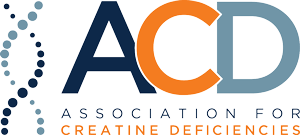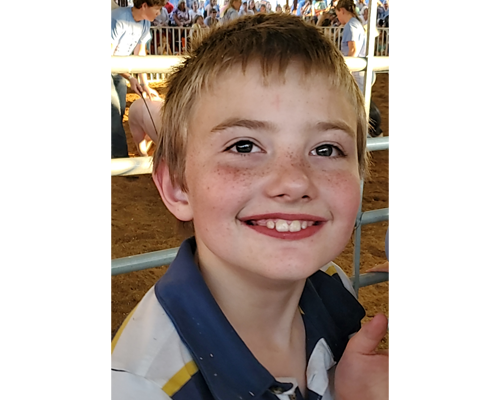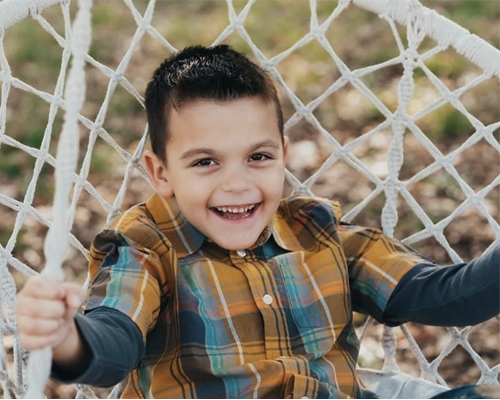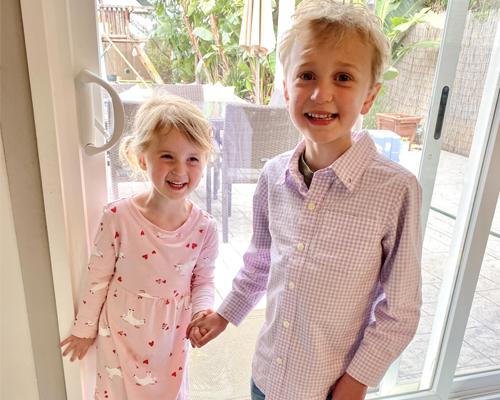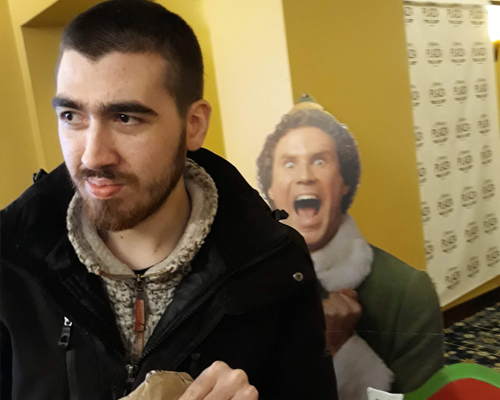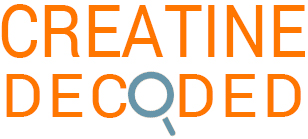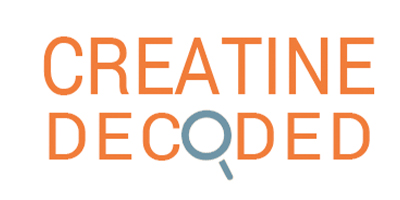
Creatine Decoded: The power of patient registries and patient-led research initiatives
How CCDS Families and Caregivers Can Drive ResearchCreatine Decoded: The power of patient registries and patient-led research initiatives – How CCDS Families and Caregivers Can Drive Research
#CreatineDecoded is a quarterly educational essay series that sheds light on research relevant for Cerebral Creatine Deficiency Syndromes (CCDS). The essays and interviews feature community contributors, often parents, who with the help of the ACD, explore in their own words the CCDS science you want to know more about.
This interview is brought to you by Kirsten Wiebe, Science Writer at the University of British Columbia, Dr. Sylvia Stockler, MD, University of British Columbia, and Sofia Balog, ACD Patient Registry Coordinator.
Have a topic in mind? Send suggestions to Laura Trutoiu, ACD Director of Research auract@creatineinfo.org. Continue reading
